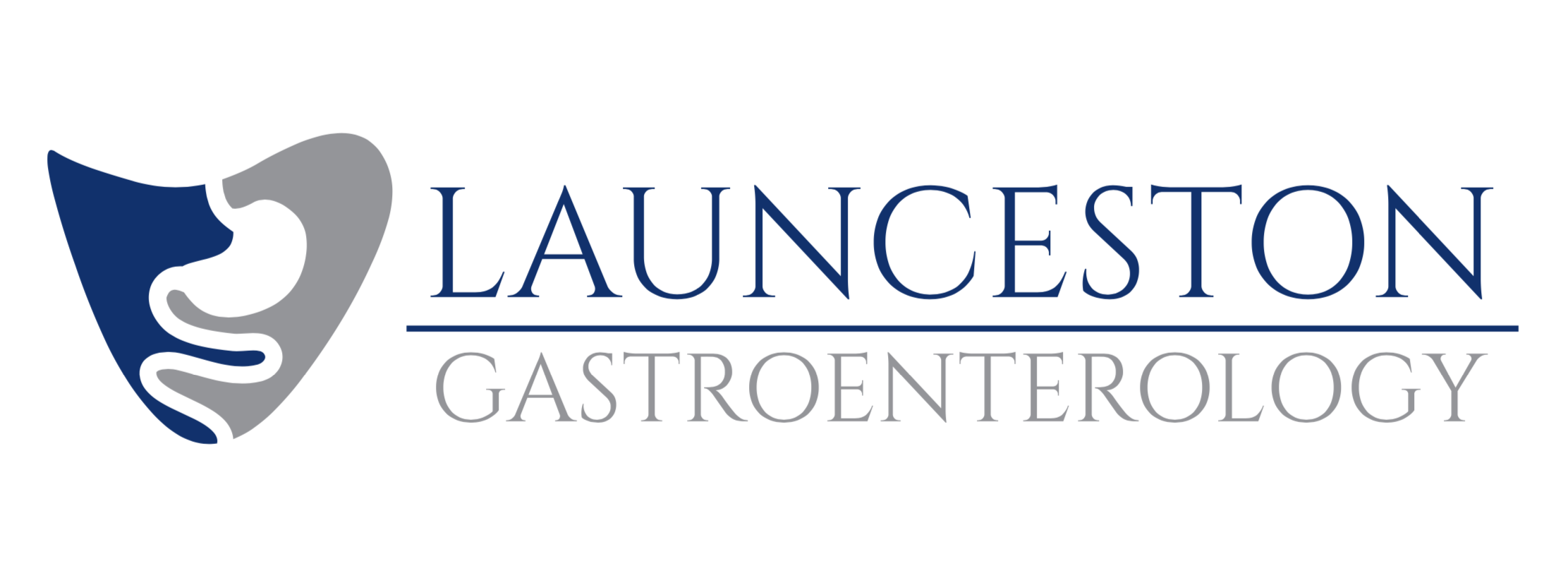What do I need to bring to the appointment?
1. The referral letter from your GP or other doctor
2. A list of your medications and allergies
3. Any results of blood tests, x-rays, or procedures that are relevant
4. Medicare card and private health insurance details
What to expect from the first consultation?
For a first consultation expect a 20-30 minute consultation to allow Dr Fanning to go through your history, medications, investigations, and perform a clinical examination. After discussion, a decision will then be made about what additional tests, medications, or procedures need to be arranged to investigate and treat your problem.
For patients referred for open access endoscopy, Dr Fanning will perform a brief, directed consultation before the procedure; going through the reasons, risks of the procedures, as well as the possible findings. After the procedure, Dr Fanning will discuss what was found during the procedure. You will also obtain a copy of the report to take home.
What is Gastroenterology?
Gastroenterology is the field of Medicine related to the digestive organs. The gastrointestinal tract includes the oesophagus, stomach, small intestine, large intestine, and rectum. It also includes other organs important to digestion namely the liver, gallbladder, and pancreas.
What is a Gastroenterologist?
A Gastroenterologist is a qualified doctor that has then completed three years of Physician training, and chosen to subspecialise in the field of Gastroenterology. This requires at least three further specialty-training years. A Gastroenterologist is generally the best specialist to look after all issues related to your digestive tract, including endoscopic procedures.
What is Gastrointestinal endoscopy?
Endoscopy is a branch of Gastroenterology dedicated to the visualisation (and treatment) of the inner lining of the gastrointestinal tract. It is performed through the use of an endoscope – a long, thin flexible tube which has a light source and camera. It typically refers to any endoscopic procedure such as gastroscopy or colonoscopy, as well as endoscopic ultrasound (EUS) and endoscopic retrograde cholangiopancreatography (ERCP). It is increasingly dedicated to screening and detection of early malignant lesions and noninvasive (no surgery) treatment of these conditions.
What is an Endoscopist?
An endoscopist is a qualified doctor who has had training in endoscopic procedures of the gastrointestinal tract. Most endoscopists routinely perform gastroscopy and colonoscopy. More extensive training and skills can allow the endoscopist to perform more advanced procedures such as ERCP, EUS, and removal or treatment of superficial early cancers of the gastrointestinal tract.
How do I make an appointment to see a Gastrointestinal specialist?
All patients require a written referral from another doctor (typically a GP) to see Dr Fanning.
What fees are involved in a consultation?
Fees differ depending on whether you present for an initial (first) consultation, or a follow-up consultation. Each individual medical practice sets their own fees. The fee involves a Medicare rebate (payable by the government) as well as an extra out-of-pocket expense. This out-of-pocket expense is usually around $150.
What fees are involved in the procedures?
For patients with private health insurance
Dr Fanning participates in “Known Gap” billing arrangements for most private health funds. This means that you may have an out of pocket expense for endoscopic procedures. Details will be provided at the time of booking. You may also be required to pay an excess associated with your health insurance policy – we suggest you discuss this with your insurance provider. There may be other fees such as anaesthetic fees, pathology fees, or facility charges.
An additional out-of-pocket expense may be payable for more complex procedures such as EUS, ERCP, or Complex polypectomy. Dr Fanning will discuss any additional fees at the time of your consultation.
For patients without insurance
There will be an out-of-pocket expense for the services of Dr Fanning. This is the gap between the Medicare fee, and the additional fee paid by a private health fund. This will be fully discussed with you at the time of booking.
There will also be a facility and anaesthetic fee for the procedure. These fees are set by Calvary Healthcare and the Anaesthetic specialists, and will be explained to you at the time of booking.
Some patients will elect to be treated in the Public health system. After discussion with Dr Fanning, your details will then be added to the Public waiting list. While this is entirely your decision, waiting times for procedures in Public can be significant. You should be aware that such delays in performing your procedure could result in the finding of a more harmful or untreatable lesion. The procedure will NOT usually be performed by Dr Fanning.
Unfortunately, public health waiting lists are out of Dr Fanning’s control.
